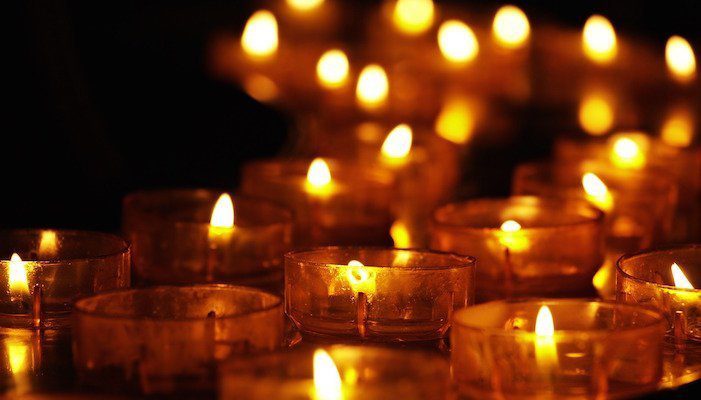How Does Your Faith Affect Your Living Will?

None of us enjoy thinking about being medically incapacitated. The idea of being so sick, injured, or close to death is a painful one. However, there are decisions we all must make about how we would want our final days to look, if given the choice.
These decisions form the basis for your Living Will. This document is also called an advance directive, or a healthcare directive.
Understanding Why A Living Will Is Important
Some questions your Living Will might answer:
- If I am in a vegetative state, should I be nourished with feeding tubes?
- If my brain is incapable of continuing my breathing, should I be put on a ventilator?
- If my heart stops, should medical professionals re-start it?
Many people choose to have a “DNR” directive in their medical care. “Do Not Resuscitate.” Other people choose to have every possible medical alternative attempted to continue their autonomic functions.
If you enter into this serious type of medical condition without a Living Will in place, then you leave it to your loved ones to make these decisions on your behalf. Even if you fully trust your relatives or spouse to act responsibly, it is a burden that you likely do not want to place on them. Having the legal documentation in place reduces their stress in an already traumatic and grief-filled situation.
How Do Your Religious Beliefs Factor Into The Living Will Creation?
In some faiths, believers hold the opinion that human life should be preserved no matter what. Even after brain death, the body should be kept alive, and any other path is a violation of scripture. These religions include Orthodox Judaism and Orthodox Christianity. For Orthodox Christians, “pulling the plug” on someone in a vegetative state is tantamount to murder, and is considered a cardinal sin.
Other belief systems support a patient’s right to “die with dignity.” If a patient is considered beyond the point of rehabilitation — if the person will never be able to breathe on their own again, or speak, for example — then it is considered humane and merciful to allow the person to pass on without the use of life-support and life-sustaining medical equipment. Among the faiths that follow this line of reasoning are Conservative Judaism, Buddhism, Christian Science, and many Protestant sects.
Whatever your faith may prescribe for you, there are reasons to put your wishes into writing — legally-binding writing that medical professionals can rely on as your instructions and formalized preferences.
Family Dissension
Without a Living Will, your family members may disagree on what should be done. Leaving your spouse, children, and siblings to guess about your wishes could cause a great deal of confusion, and could spark massive and painful disagreements. If even one person believes that you should be kept on a respiration machine and feeding tubes, while the rest believe otherwise, the disagreements could lead to a protracted and prolonged legal battle. Not only is this painful for all involved — including the doctors and nurses — but it can be tremendously costly, at a time when funds should be going toward your medical care, and possibly your funeral preparations.
You may remember the Terri Schiavo case in Florida. Ms. Schiavo was in a persistent vegetative state for 15 years, while her parents and her husband battled over her medical care. The dispute was based, in part, over religious beliefs. Such a prolonged legal battle likely could have been avoided if the legal paperwork had been in place to clarify her medical-care preferences.
Provide Your Plan Through A Living Will
The best way to clearly express your end-of-life wishes, while avoiding serious questions and minimizing family issues, is through a Living Will. Talk with your Estate Planning attorney about creating this important document today, or contact Donnellon, Donnellon and Miller for any Estate Planning assistance.
